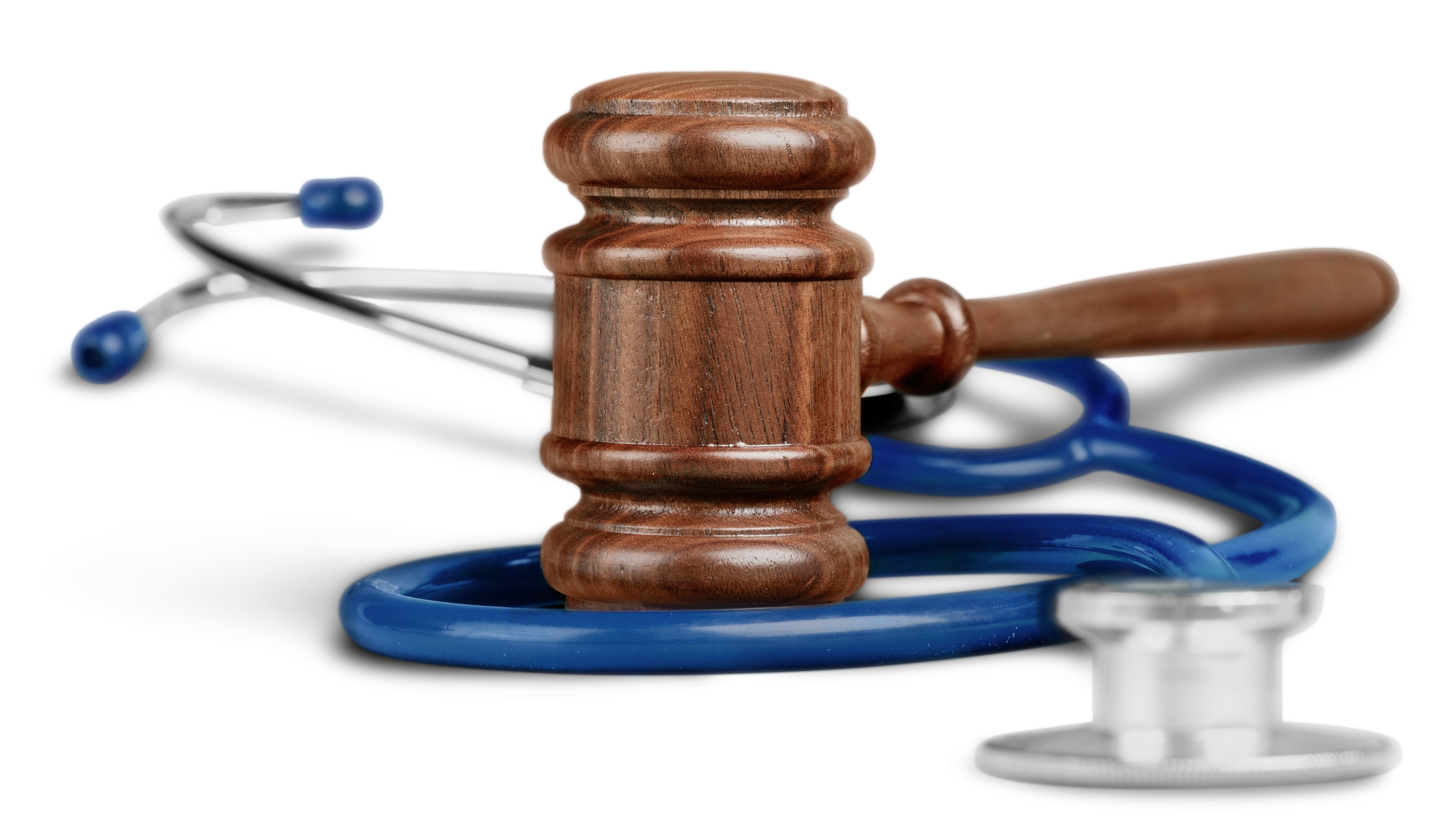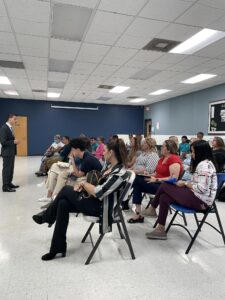By: Brian D. Barr, Esq. and Vanessa Calixto, Summer Associate and rising 3L, Rutgers Law School
In personal injury cases and other cases in which the mental or physical condition of plaintiffs are in controversy, New Jersey Rule 4:19 allows defendants to require plaintiffs to be physically or mentally examined by the defendants’ chosen expert. In DiFiore v. Pezic , the New Jersey Supreme Court has clarified procedures regarding defense medical examinations (DME) when a plaintiff has alleged cognitive limitations, psychological impairments, or language barriers. The Court decided: (1) who may attend a defense medical examination, and (2) whether and how defense medical examinations may be recorded. The Court reviewed three personal injury actions that were consolidated into one case by the Appellate Division. In each of these cases the defendants required the plaintiffs to submit to a DME. Since plaintiffs alleged cognitive limitations, psychological impairments, or language barriers, they wanted to record the examinations or to be accompanied by a third-party observer.
The Appellate Division issued the following six-prong holding: (1) trial judges determine on a case-by-case basis what conditions, if any, to place on a DME, including who may attend and whether it may be recorded, with no absolute prohibitions or entitlements; (2) it shall be the plaintiff’s burden to justify to the court that third-party presence or recording, or both, is appropriate in a particular case; (3) the range of options available should include video recording, using a fixed camera that captures the actions and words of both the examiner and the plaintiff; (4) that the parties shall enter into a protective order when a defense expert is concerned about the disclosure of proprietary information; (5) a court that permits a third-party observer to attend a defense medical examination shall impose reasonable conditions to prevent the observer from interacting with the plaintiff or otherwise interfering with the exam; and (6) if a foreign or sign language interpreter is needed for the exam, the examiner shall utilize a neutral interpreter agreed upon by the parties or if such agreement is not attained, an interpreter selected by the court.
The Court affirmed five prongs of the Appellate Division’s holding, but it modified prong two by declining to place the burden on the plaintiff to show special reasons why third-party observation or recording should be permitted in each case. Instead, the Court held that once a defendant issues notice to the plaintiff of a Rule 4:19 exam, the plaintiff should inform the defendant if they seek to bring a neutral observer or unobtrusively record the examination. If there is disagreement between plaintiff and defendant, the defendant may file for a protective order under Rule 4:10-3 seeking to prevent the exam from being recorded, or to prevent a neutral third-party observer from attending. Some factors, such as a plaintiff’s cognitive limitations, psychological impairments, language barriers, age, and inexperience with the legal system may weigh in favor of allowing unobtrusive recording and the presence of a neutral third-party observer. Furthermore, defense neuropsychologists can raise concerns that may weigh against recording or third-party observation in particular situations.
In departing from the second prong of the Appellate Division’s holding, the Court explained that a DME is different from any other examination that plaintiffs may undergo with a physician of their choosing. Since a DME is a compelled medical examination, plaintiffs do not have the choice to see a new physician if they are uncomfortable with their treating physician. Oftentimes plaintiffs are in a vulnerable position during DMEs because the examination can involve the plaintiffs being physically touched without their consent, or asked extraordinarily personal questions about their mental health without their consent. DMEs are also unique situations since it is the only instance in which a defense expert may conduct discovery on a plaintiff without their counsel present. For plaintiffs with alleged cognitive limitations, psychological impairments, or language barriers, there can even be a power imbalance between plaintiffs and medical professionals conducting the DMEs. These medical professionals have extensive experience in the examination of patients and participation in court proceedings. Ultimately, the Court modified the Appellate Division’s holding to promote fairness in the civil justice system.
Questions about insurance coverage issues or want a copy of this decision? Reach out to Brian Barr at bbarr@cooperlevenson.com or (856)795-9110.









